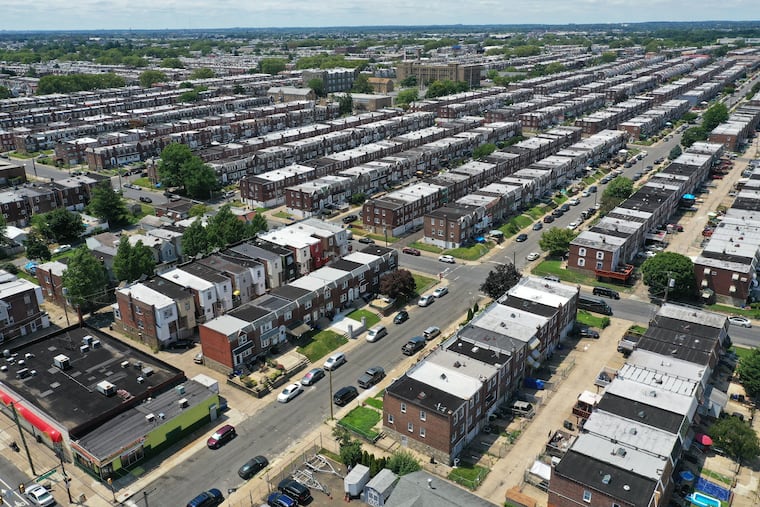Evicted without warning, again: As lockouts resume, tenants are left scrambling for homes | Editorial
After a year with nearly no evictions, Philadelphia's landlord-tenant officers resumed evicting tenants. Some haven't heard from the courts in months.

The Philadelphia Municipal Court resumed evictions this July, and some tenants could be locked out after not hearing from the court in months.
Since March 2020, only a handful of tenants have been locked out of their homes in Philadelphia due to moratoriums spurred by the pandemic. That changed on July 1, when the Philadelphia Municipal Court gave a green light to the landlord-tenant officers, the private company that handles the final steps of the eviction process, to execute evictions.
» READ MORE: Evicted without warning
Because an eviction is so disruptive, state law requires notice requirements before a tenant can be locked out of their home. A tenant can only be evicted on the 11th day after a final notice is served and no later than 180 days. This changed in March 2020, when court orders froze the timelines of evictions. That means that tenants who received a final notice more than 180 days ago can now get locked out, months if not a year after they received that notice.
Since July 1, on Fridays, the city has received from the court a list of about 100 evictions to be executed the following week. The city passes the information on to Community Legal Services and Tenant Union Representative Network to attempt to alert tenants in that short window, but they are not always successful.
There are about 900 evictions waiting to be executed. Some of these cases are so old, they originated in 2019.
Not providing time for that outreach increases the chances that an eviction will be disruptive and lead to homelessness. The fact that cases aren’t rereviewed before a lockout is executed months or even a year later also raises concern about the legality of some of these evictions. Landlords receiving rental assistance can’t evict for 90 days. The city can cross-reference the list of evicting landlords with the rental assistance list — another step that takes time but isn’t always possible in the current scenario.
One challenge is that the landlord-tenant officer who serves the final notices and executes the lockouts is a private firm, funded by fees paid by landlords. That means that even if the court wanted to reserve the final notice, there’s no established process to do so. This should add urgency to the need to hold a hearing about the landlord-tenant officer, as Councilmember Helen Gym proposed in a resolution that City Council approved last fall. That hearing hasn’t been held yet.
The Philadelphia Municipal Court, along with partners in the city and the legal aid community, has done Herculean work on evictions during the pandemic. The court’s requirement that landlords go through the Philadelphia Diversion Program and seek rental assistance before filing an eviction has rightly been praised as a national model.
» READ MORE: Philly may have just revolutionized evictions | Editorial
The court has also been responsive to this board’s reporting on potential due process issues in the service of the final notice, adding information both to the public docket and the writ itself.
Now there is another step that the court must take: pause lockouts and ensure time for outreach. As Philadelphia makes evictions more rare and less disruptive, no part of the eviction process should be neglected — especially not the lockout itself.